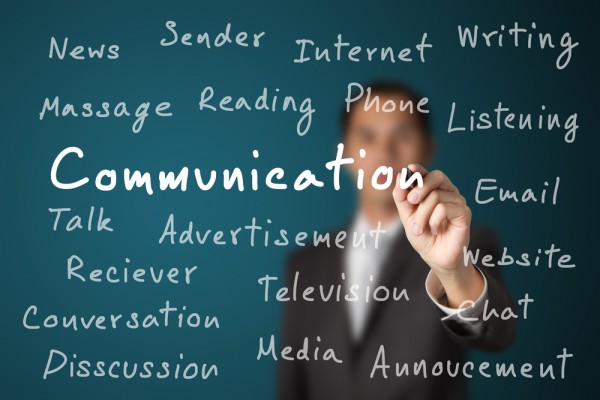In order to create a winning message, you should follow the following tips:
Tune it: make sure the message is believable, positive, purposeful, and comprehensible.
Keep it simple: determine the essential part of the message then write it simply but keep it interesting enough to provoke your target audience.
Target the message: consider your target readers in order to target your message. Ask yourself: what do they want and need to hear from you? Do you have multiple target audiences? If you do, tailor your message to each individual group.
Control the communication: influencing the viewpoint of your audience is not easy. But by creating an honest, concise, positive, and clear message, you will be in control of the information and it enables you to influence your audience effectively.
Review and refresh: update your message regularly according to the changing times to remain relevant.
Benefits of Effective Business Communication
Promotes diversity: effective business communication is crucial in a workplace where there are language and cultural differences. As a result, productivity increases and operations run with ease because employees are less likely to err.
Global business: global business transactions are increasing as so is the need for effective business communication to meet those global demands. Business owners and employees must learn how to effectively communicate with the firm’s international counterparts. When companies prepare their employees with verbal and non-verbal communication skills, they will have an easier time entering the global space than those who do not.
Team building: effective communication is essential in creating effective teams. It creates trust at every level of management while reducing unnecessary competition within departments. When employees work together, productivity will increase as well as responsibility and integrity. Additionally, a business owner who communicates openly with his employees creates positive relations and the business benefits as a whole.
Employee morale: your employees will appreciate good communication from the management. As a result, this helps them to be more satisfied with their jobs and to effectively do their duties. Poor communication in the workplace reduces employee morale while increasing frustration and confusion.
Promotes innovation: an environment where employees can comfortably communicate their ideas, innovation will increase. Otherwise, an environment where employees cannot freely communicate, ideas will hardly be shared or implemented properly.
Results of Poor Business Communication
Negativity: when employees do not have the information they need to do their jobs, low productivity will result.
Employee mistrust, absenteeism and low morale: employees want to be involved so that they can feel as part of the organization. When this is done, they work hard and smarter which is good for your business. However, when they are not engaged, they feel disconnected which results in absenteeism, low morale, and high employee turnover.
Poor interpersonal relationships: lack of connection among people within an organization leads to misinterpretation and mistrust. At the same time, the lack of respect or not being listened to results in works feeling unappreciated and neglected.
The “Grapevine Effect”: “If you aren’t talking proactively about issues that are important to your employees, chances are that someone else is—regardless of the accuracy and truthfulness of their “information.”
In light of the above, it is clear that the success of any business depends on effective business communication.
Exercise
- Develop a business communication strategy for your business
- Present the same on plenary
- Discuss your findings with other trainees
- Record your lessons learnt in your notebooks for personal reference
Adopted from www.inukasme.co.ke Training Course.



